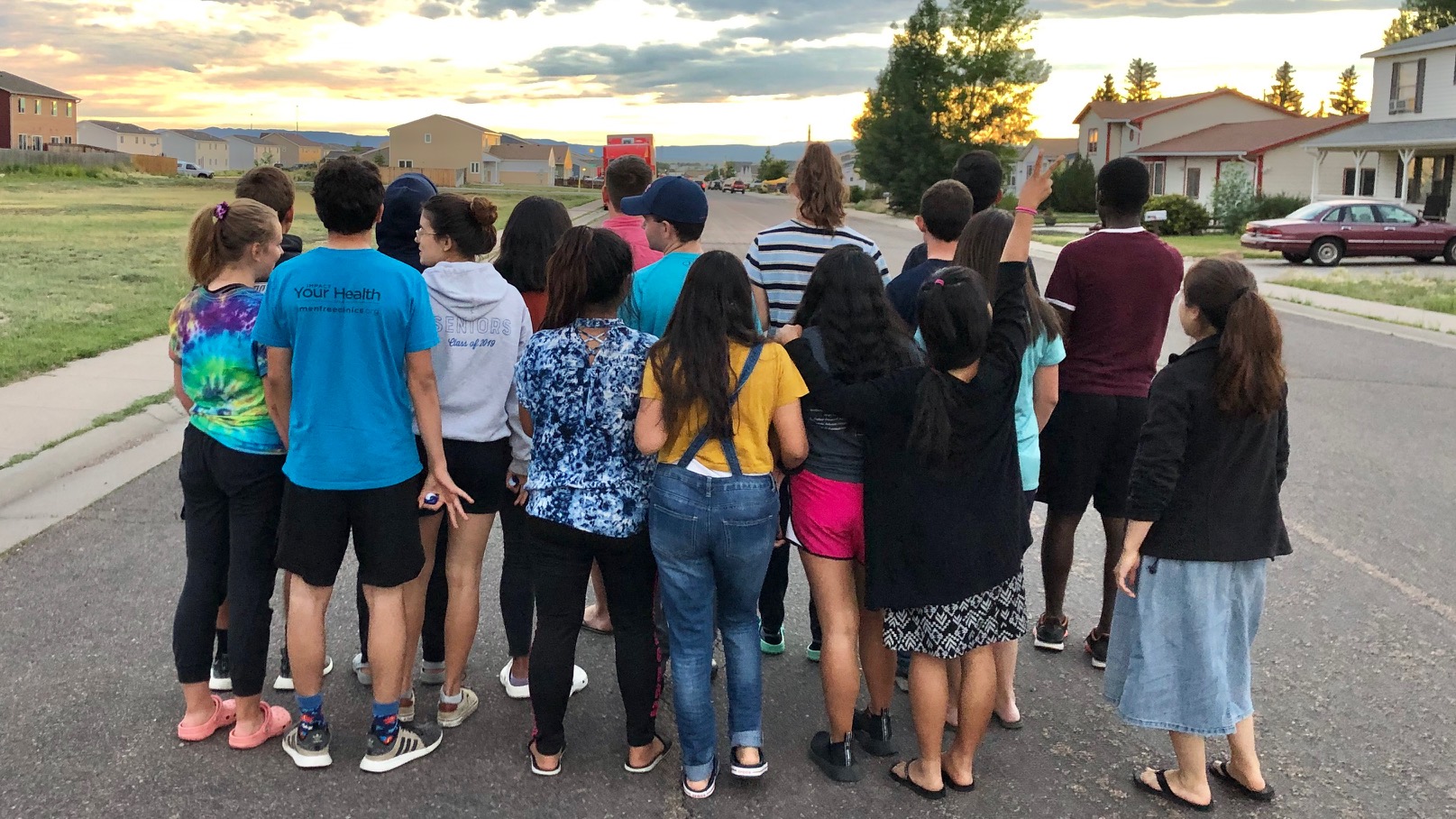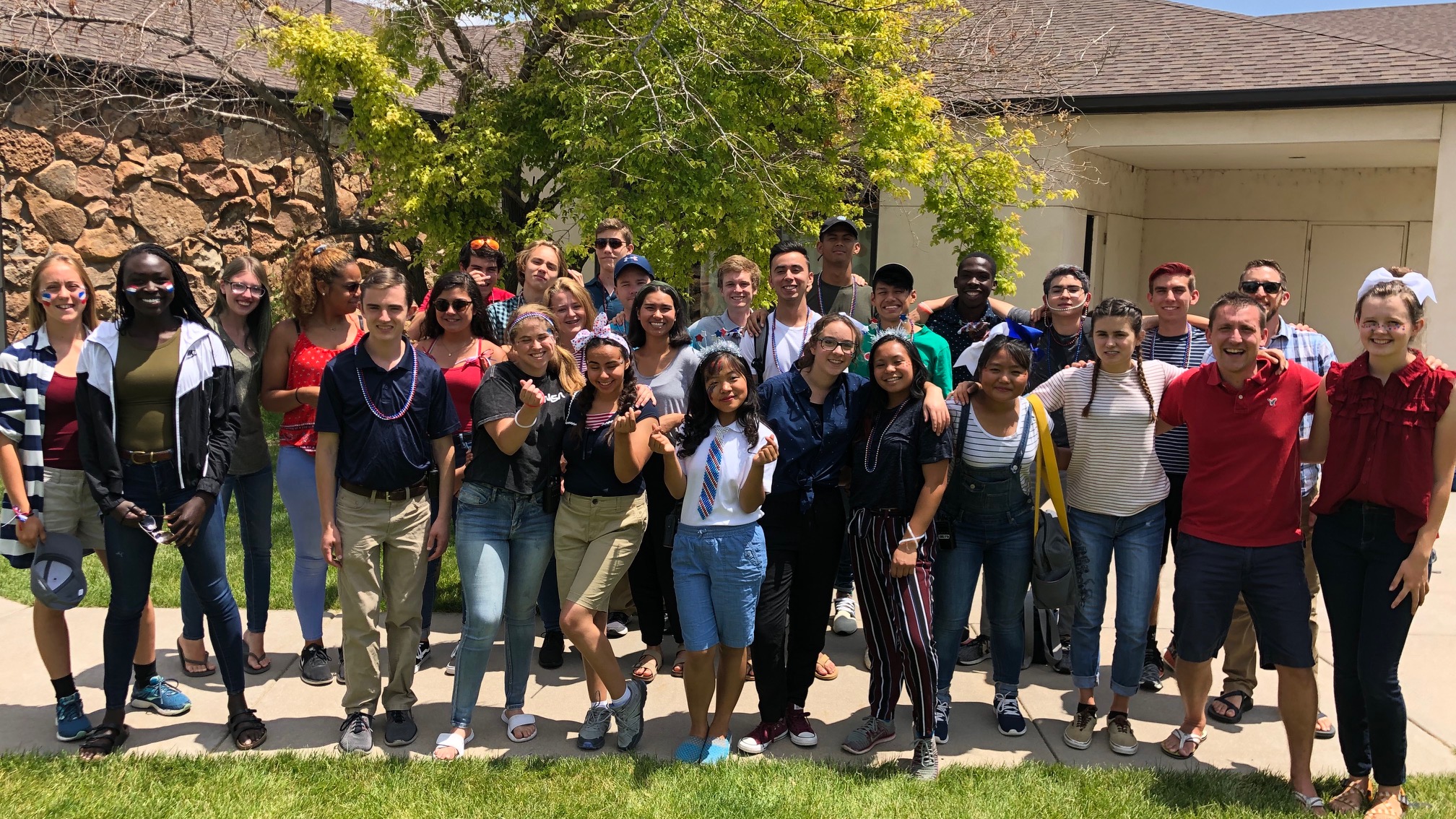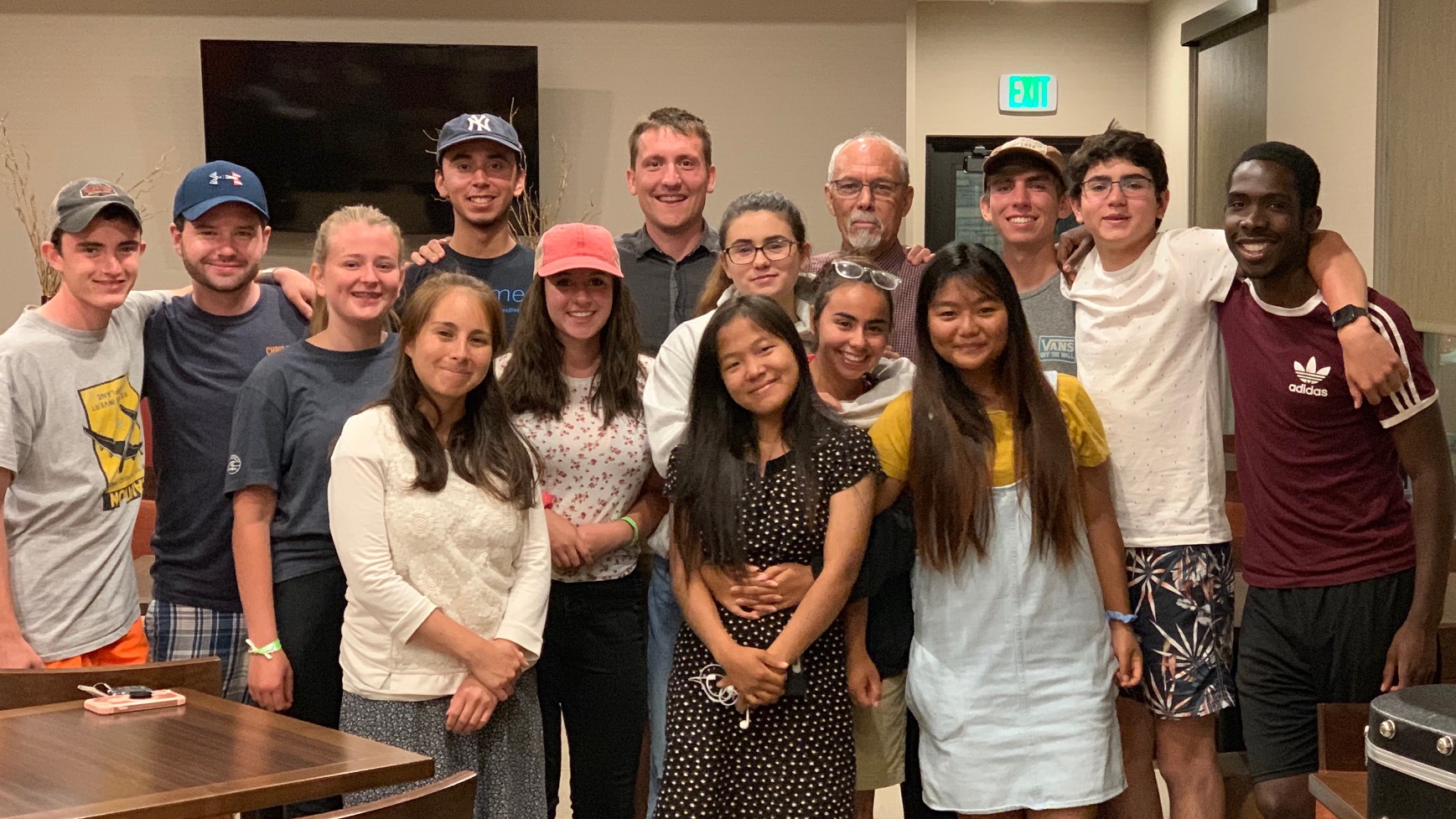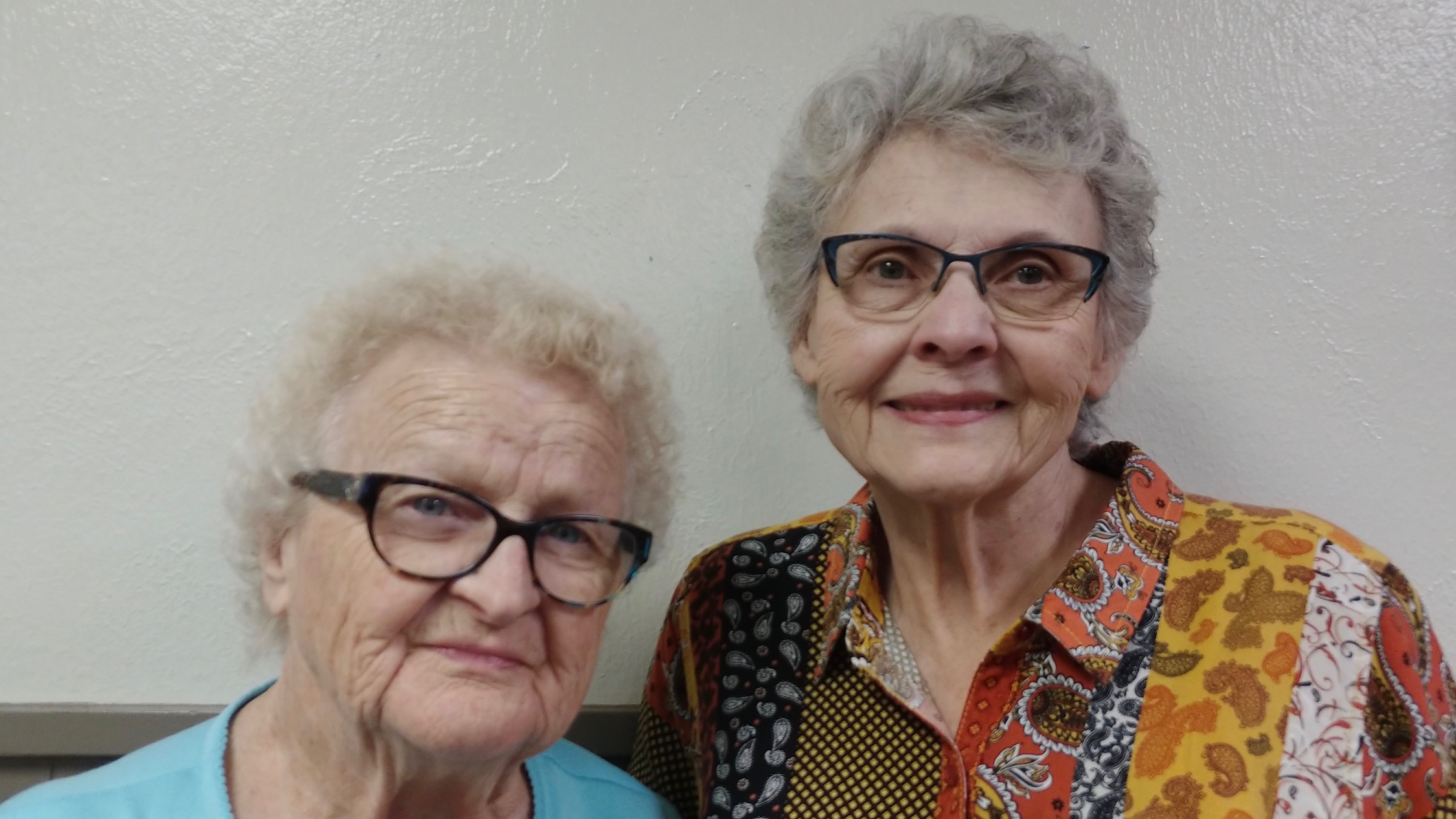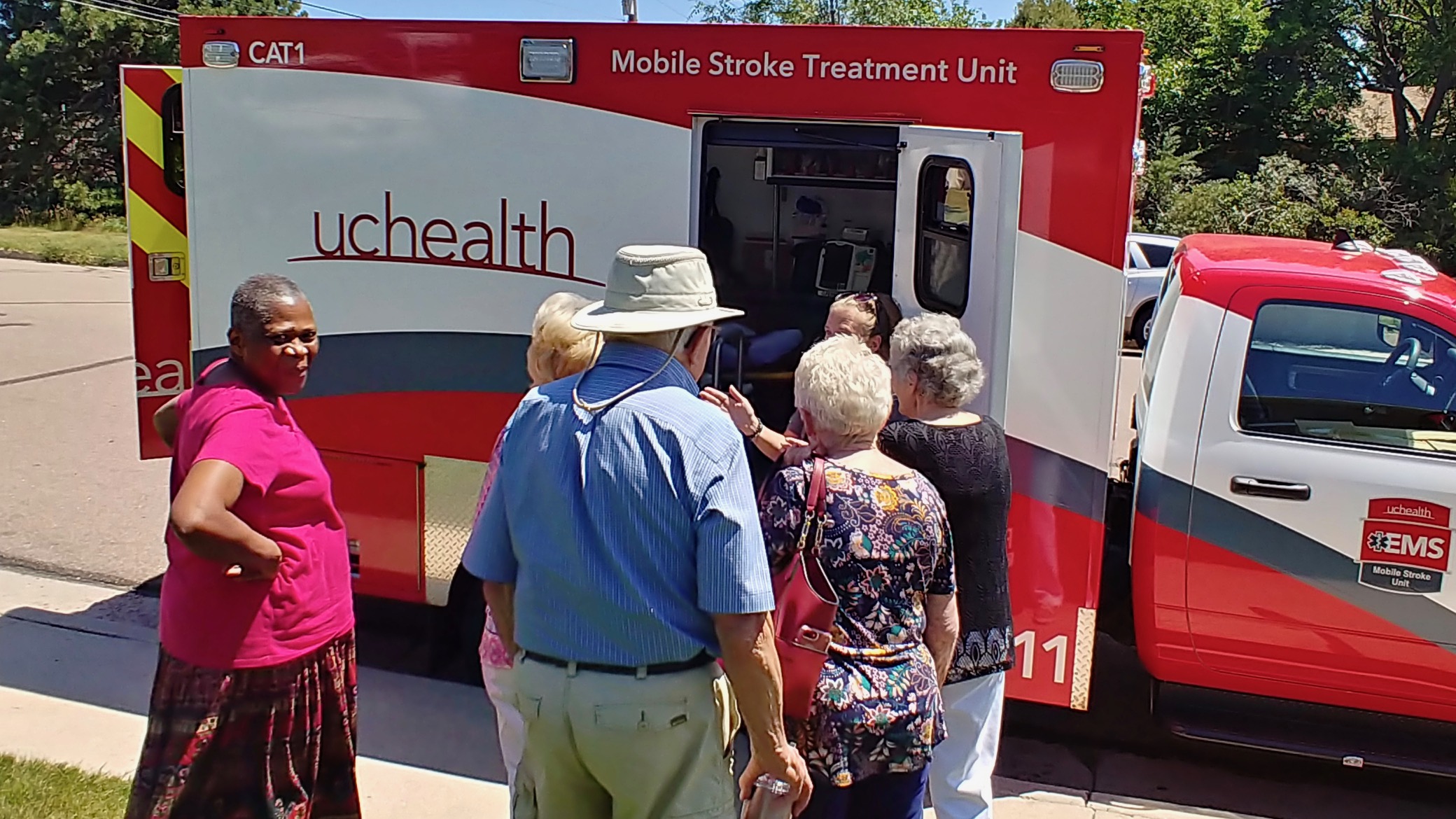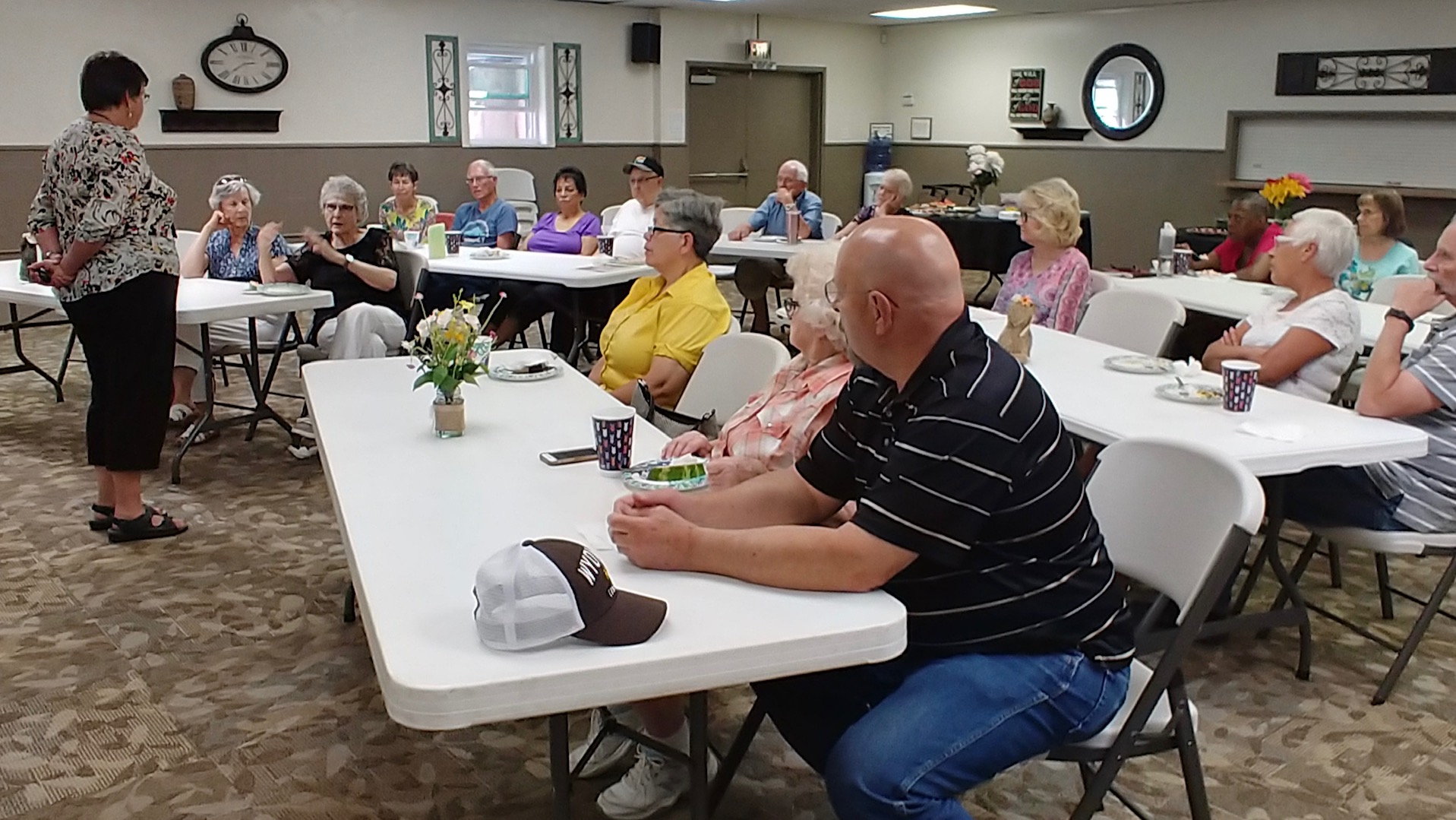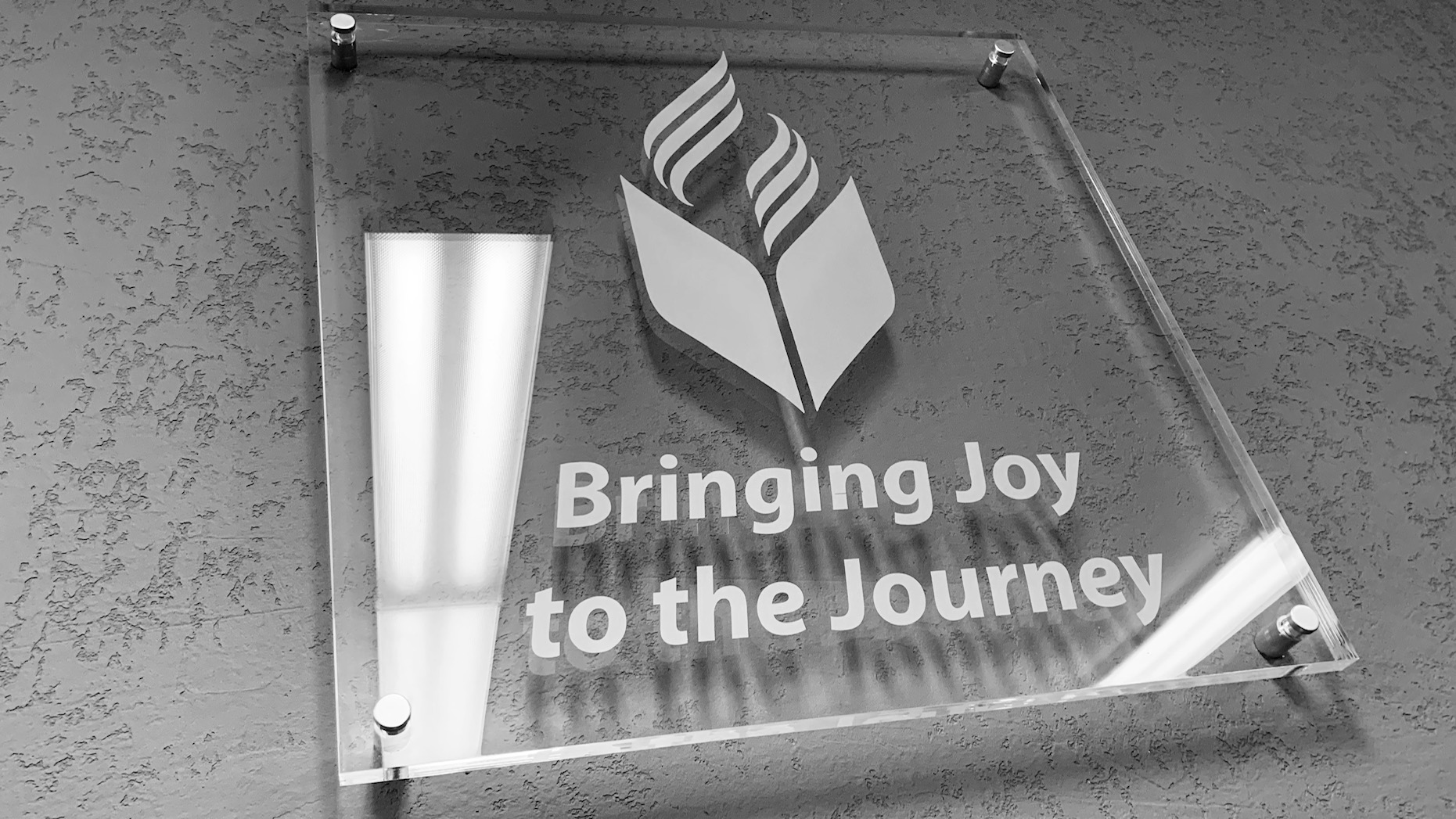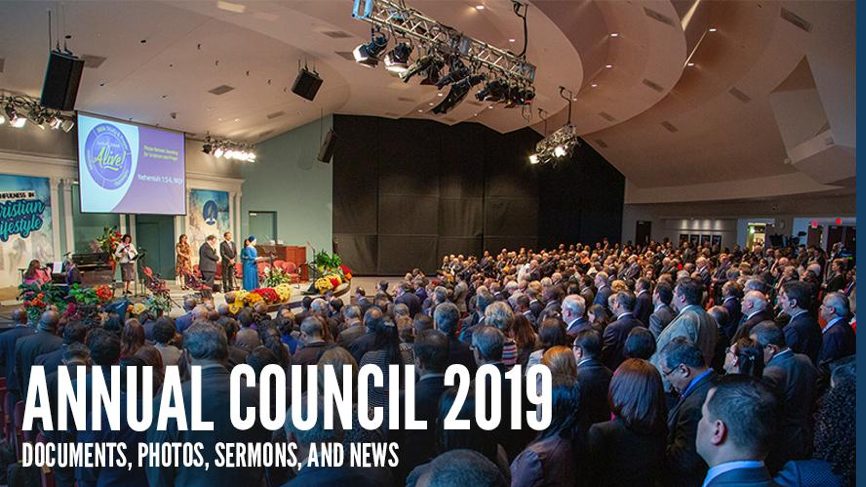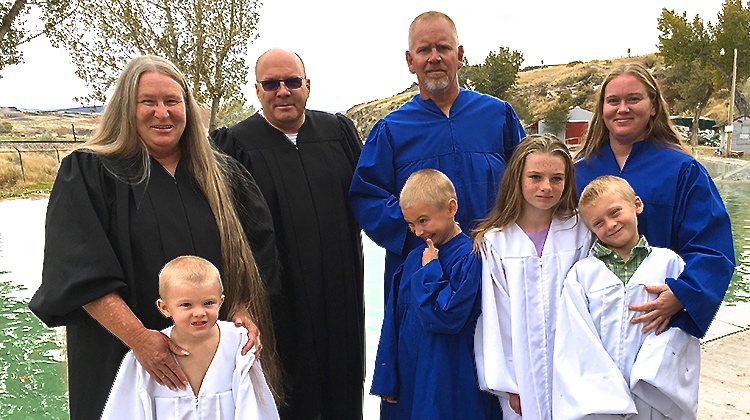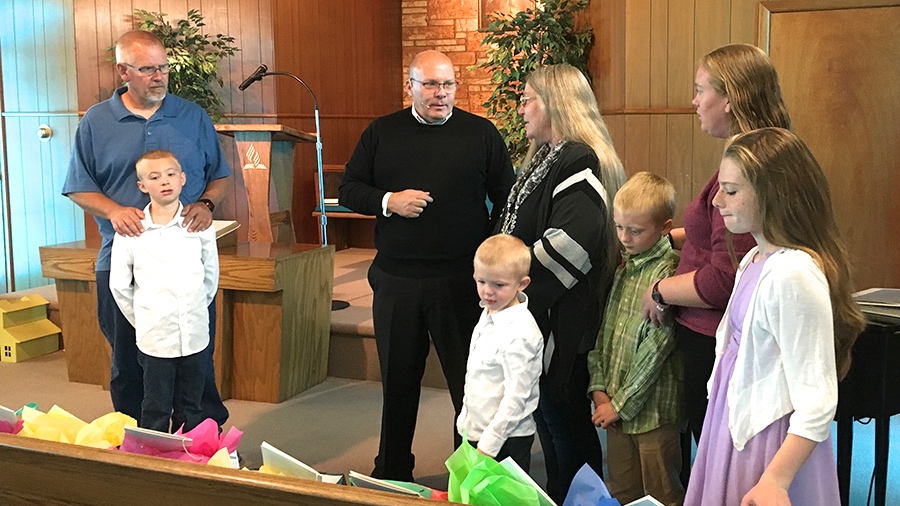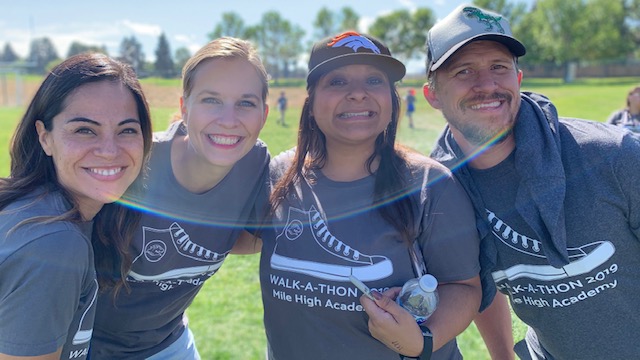Denver, Colorado… Summer 2019 were full of witnessing activities for twenty college and high school students working as literature evangelists in the Denver area and Wyoming.
“Their success could be measured in many ways,” explains Matthew Hasty, RMC director for literature ministry. For example, they were responsible for distributing 1,132 copies of the Great Controversy, 997 copies of Christ Object lessons, 803 copies of Bible Readings for the Home, 796 copies of the Ministry of Healing and thousands of copies of Steps to Christ,” he provides the numbers. The group considers the summer LM program successful as it brought total sales of $133,341, seventy percent of which goes to support our Adventist students attending our schools.
Matthew believes the greatest measurement of success isn’t found in numbers. He cites the Book of Revelation 12:17. “I believe it means what it says. God’s people that live just before He comes will have the testimony of Jesus. These students witnessed Jesus working. They experienced divine appointments that can’t be rationalized off as coincidence. They experienced the struggle that came by sharing their faith,” he comments on the summer canvassing experience of these students.
Matthew adds, “I believe that the twenty students who worked selling and distributing literature, and witnessing what they believe, received much more than a paycheck, they have a testimony of Jesus! And what good is a testimony unless it’s shared.
As they concluded their canvassing experience, students left with stories they would continue to remember.
Perfect Timing with a Cranky Guy
As I was canvassing someone at a door, I noticed a car pull up behind me. “Great! Divine appointment,” I thought to myself. After I was done canvassing, I walked back to the car that had pulled up and waved at the driver, hoping that he would roll down his window and talk to me. He looked up at me and yelled loudly, “NO!” As I walked to the next house he got out of his car and said he was having a bad day and told me not to take it personally. I made my way back to his car and asked if I could pray for him. At that moment he put his hands over his face and tried to hold back his tears. Before I prayed for him, he grabbed my hand and asked me to pray for forgiveness. In the end, he even signed up for Bible studies, and I found out that he didn’t even live at the house he was at! What divine timing God has!
Answered Prayer at Pizza Hut
One morning I was sent to canvas some businesses. Most people aren’t home then, but businesses are open and full of people. One of my favorite places is Pizza Hut. I love canvassing there, because the people are always nice and even if they don’t buy a book, they give me…free food! That morning I started talking to a man and he exclaimed, “You are a Christian!” I affirmed him and asked him how he knew. He shared with me that he had been praying and asked for a Christian to talk to him as his personal and spiritual life was stagnant and he wanted God to give him guidance directly. Then I showed up and he told me I had been an answer to his prayer. Our conversation ended with a sale of The Great Controversy, Bible Readings for the Home, Christ Object Lessons, Steps to Christ and the Desire of Ages!
The Gift of Hands for the Deaf
I approached a middle aged women and began to canvas. She interrupts me, and starts using sign language. She signed, “I’m sorry but I am deaf.” Well, I actually know sign language. I started canvassing using a sign language, and asked her if she is religious. She opened up telling me that she was Catholic when she was a kid. Now, she was going between religions trying to find out the truth. I asked if I could to pray with her. This encounter ended up leaving her with Christ Object Lessons and the Desire of Ages. God sent me there knowing I was the only person in our team who knew sign language!
Former Seventh-day Adventist Returns
This particular day I was struggling to connect with people and the rejection was pulling me down. I was praying, but I couldn’t feel God answering my prayer. I kept asking God if he could give me a divine appointment where I could show His love. I told God that I did not want to go and tell people about the “rules of my church.” I really wanted to share the love of God.
I knocked on a door. A man answered and I began with asking him if he is religious. To my surprise, he told me growing up as Seventh-day Adventist. He left the church because he felt church members were “so judgmental.” He said that all they cared about was the Sabbath and Ellen G. White. He then proceeded to tell me that two years ago his wife developed cancer, and he thought it was because God was mad at him for leaving the church. Even still, he started to get back into prayer. The more he prayed the better his wife got, and he knew God was trying to tell him something.
I decided to share my story, and emphasize that we need to focus on the love and relationship with God. “I am a Seventh-day Adventist,” I told him, but I also agreed with him about all of the rules and judgmental stuff, but that negative people in church shouldn’t keep us from going to church. He ended up buying all of my books and we prayed together.
When we finished, he told me, “God sent you here.” He said that God sent me to encourage him to go back to church, and he was going to give his relationship with God another try.
The Sneaky Walgreens Visit
Some businesses can be easy to canvas while others can be a bit more difficult because they’re really strict about not buying anything while working. That’s how it was at Walgreens, but I went in anyways because God’s work should still be done even if it makes us uncomfortable. People need to hear the gospel. I walked up to a worker, who seems to be in her 50’s, at the counter and begin to canvas at her. She starts to tear up and shares that her husband just died and she was asking God why. How could she find peace in this situation? We continue talking and said if another worker comes up to just pretend I’m a customer. She ended up buying Christ Object Lessons and the Desire of Ages because she felt like God wanted to speak to her through those books.
Books for a new Church Plant
As I was walking down the street, I saw a lady getting ready to leave her house. I quickly approached her and started canvassing. I found out that she had recently become a Christian and was church planting in Denver. She bought all the devotionals and said that she would share them with other churches. Before I left, she told me that she didn’t live in the house that we were at. She was only there for 1 hour and was getting ready to leave. At the exact same moment, we both said “This was a divine appointment!”
Fighting Couple
That day I was canvassing a small cul-de-sac, and the whole time I could hear a couple yelling, slamming doors, and fighting loudly. When I got to their door, the man was getting into his truck to drive away. I stopped at his car window before he could drive away, and I was surprised that he gave me a lot of time to have a conversation. I asked him what he liked to read about, and he said “Oh, I’m a hardcore Christian.” I told him that I was one, too, and “I even have Christian books!” I told him. He got really excited and wanted to help me. When he pulled out a donation, he said his wife had him on a really tight rope so it was a good thing I talked to him and not her. If I hadn’t had gotten there right when I did, I might not have been able to talk to him. Or he might not have been ready to hear about what I was doing. God brought me to a Christian man who needed something peaceful in his day.
Those Who Are Searching, Are Found
On one of the last days of the satellite weeks, I was having a slow day. It had probably been three hours since I got any donations or books. My leader and I were canvassing together and eventually had to leave. Before he left he told me to cross over to the other side of the street right where I was. The lady who answered the door was covered in tattoos and smoking a cigarette, so I didn’t expect much. I recommended to her The Desire of Ages and she stopped me as soon as I mentioned it was Christian. She said, “Don’t tell me anything else, I absolutely need this book”. She explained to me that two of her family members burned to death in a house fire just days ago, and her family doesn’t have a faith in Christ. She believed I was sent by God to reach her entire family through this crisis.
If you’d like to support our youth going door to door or get some literature to share for yourself visit out website: https://www.rockymountainliteratureministries.com
—Matthew Hasty, text and photos

